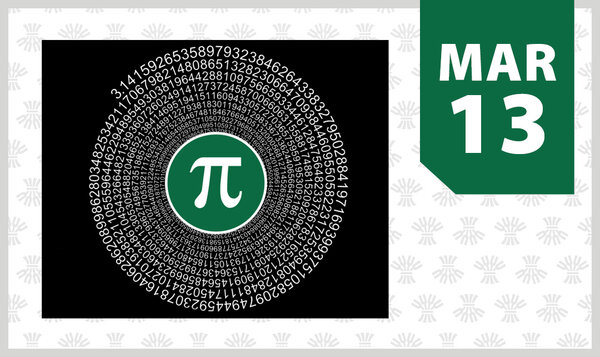
USask researcher honoured for achievements in computer science
Dr. Chanchal Roy (PhD) earns 2018 Outstanding Young Computer Science Researcher Award from CS-Can/Info-Can
By Shannon Boklaschuk
A University of Saskatchewan (USask) professor is one of three Canadian computer scientists honoured with a prestigious award for young researchers.
Earlier this month, Dr. Chanchal Roy (PhD), an associate professor in the Department of Computer Science in the College of Arts and Science, learned he was selected by CS-Can/Info-Can to receive a 2018 Outstanding Young Computer Science Researcher Award.
CS-Can/Info-Can is a national, non-profit society dedicated to representing all aspects of computer science and the interests of the discipline across Canada. According to the organization, the Outstanding Young Computer Science Researcher Awards recognize excellence in research and are given to top young faculty members in Canadian computer science departments, faculties and schools who are within the first 10 years of their careers beyond the completion of a PhD.
Roy was thrilled to be honoured with the award, and described receiving it as “something amazing.”
“This is very, very competitive,” he said, noting Canada is home to many excellent computer scientists.
Roy is considered to be a world leader in the field of software clone detection and management. Software clones—duplicated fragments of code that can make up a large portion of a software system—are an important issue in modern software because they can lead to increased errors and maintenance costs.
Roy, who is originally from Bangladesh, earned a master’s degree in Germany before receiving his PhD at Queen’s University in Kingston, Ont. He is responsible for breakthrough research in software clone detection and analysis that has been credited with rejuvenating this field during the past decade. His seminal 2009 paper on the topic is considered to be the definitive reference on software clone detection.
In 2018, Roy was the recipient of two “most influential paper” awards from major conferences—a rare achievement for an early-career researcher. Additionally, he has significant Big Data-focused roles on two major research projects funded by Canada First Research Excellence Fund grants—one with Global Water Futures and another with the Plant Phenotyping and Imaging Research Centre.
Roy previously received recognition from the College of Arts and Science for his excellence in research; in 2018, he was honoured with the New Scientist Research Award. The college’s New Research Awards are reserved for scientists and scholars/artists early in their careers who received their highest degree less than 10 years ago.
Roy has written more than 150 publications, which have been cited more than 4,400 times. To date, he has been awarded more than $1 million in research funding. One of the endorsers of Roy's nomination for the CS-Can/Info Can award noted that Roy is "a young Canadian star" and estimated Roy is “easily in the top five per cent of all young and mid-career faculty members in software engineering worldwide.”


